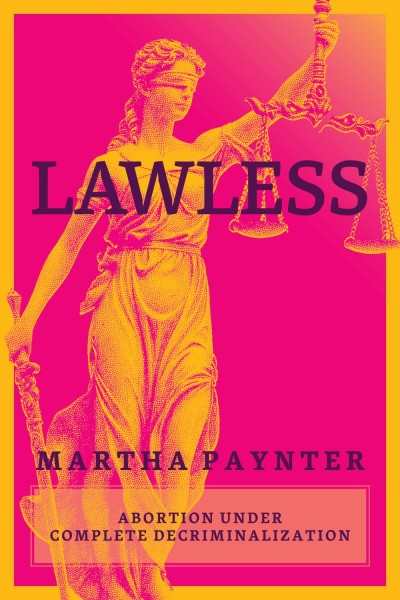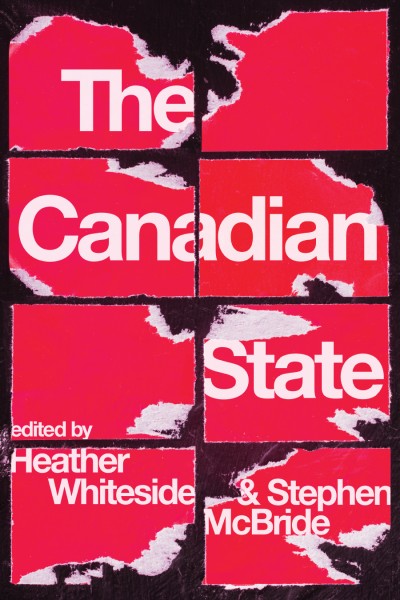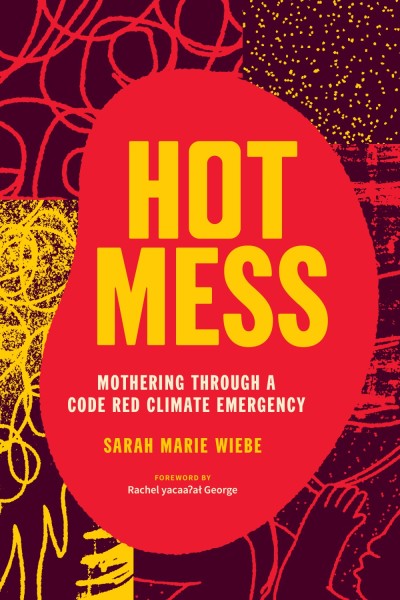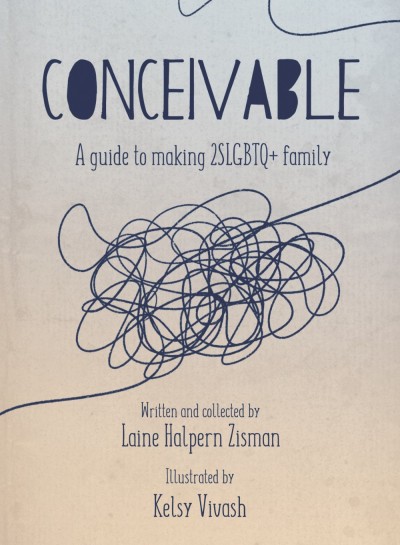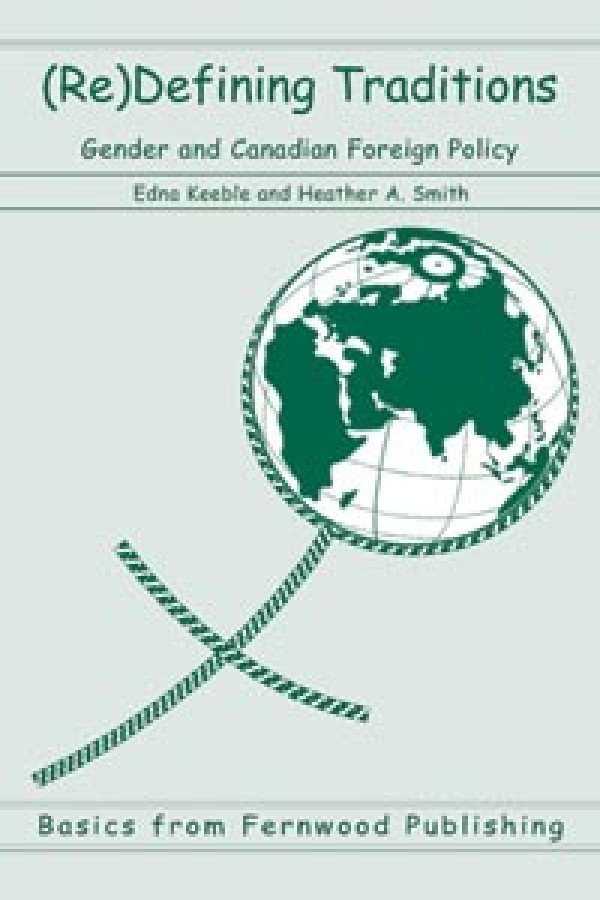
ReDefining Traditions
Gender and Canadian Foreign Policy
This text contributes to the literature on gender and Canadian foreign policy, an area of study that is very much in its infancy. It introduces a (preliminary) theoretical framework as a way of applying feminist insights to Canadian foreign policy (what the authors call the feminist deconstructive method). Further, it shows the value in focusing on ideas and discourses as a starting point in order to engage conventional scholarship. And while not all encompassing, it provides a means by which to analyze “hard core” security and defence policies. Ultimately, the aim of the text is to legitimize the connection between gender and Canadian foreign policy and to ensure (and compel) students in the field that there are indeed grounds for redefining traditions.
About the book
This text contributes to the literature on gender and Canadian foreign policy, an area of study that is very much in its infancy. It introduces a (preliminary) theoretical framework as a way of applying feminist insights to Canadian foreign policy (what the authors call the feminist deconstructive method). Further, it shows the value in focusing on ideas and discourses as a starting point in order to engage conventional scholarship. And while not all encompassing, it provides a means by which to analyze “hard core” security and defence policies. Ultimately, the aim of the text is to legitimize the connection between gender and Canadian foreign policy and to ensure (and compel) students in the field that there are indeed grounds for redefining traditions.
Contents
- Introduction: Gender and Canadian Foreign Policy
- Part 1: Feminist Theory
- Adding Women
- Privileging Women
- Deconstructing/De-centring Women
- Gender and CFP: Mapping an Alternative Framework
- Overview of Chapters
- Part 2: Identifying and Explaining the Exclusion of Women and Gender
- Identifying the Exclusion
- Seeking to Understand the Exclusion
- What is to be Done>
- Part 3: Reading the Gendering of Role and Status Conceptions
- Canada: Protected and Dependent or One of the Boys?
- Middle-power Internationalism: The Kinder, Gentler Canada?
- Part 4: The Gendering of Security
- Canada and Security Policy, The Feminine State
- Human Security and Peacebuilding: Canadian Policy in the Post-Cold War Era
- Part 5: Reflections of Gender and Canadian Foreign Policy
- References


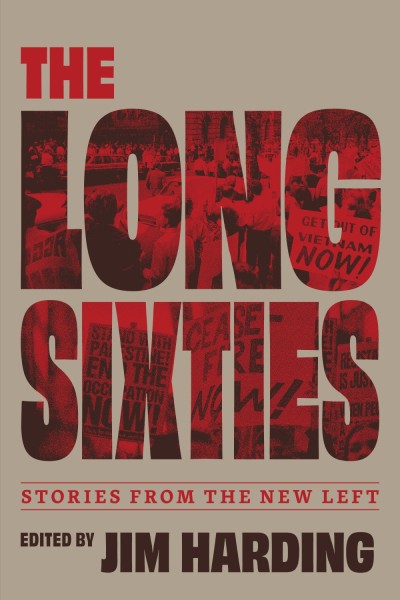
_cover-FINAL_400_600_90_s.jpg)
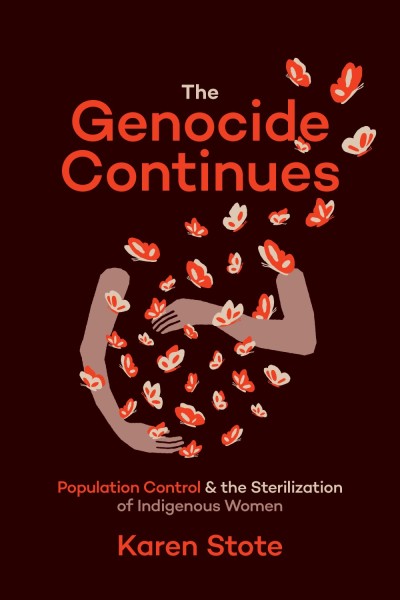
_cover-FINAL_400_600_90_s.jpg)

